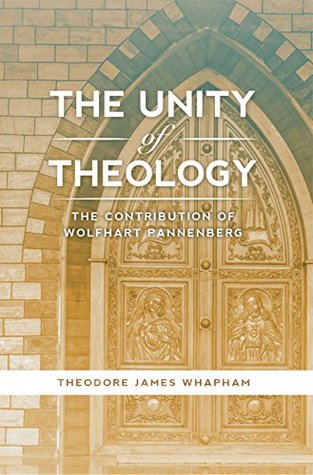After tracing the history of the development of the concept, he draws upon Freud’s description of conscience as the prolongation of parental authority throughout the life of the individual in the superego. Freud’s analysis has the advantage of identifying a foundation for the development of conscience in social relationships, first in the home and then in broader society—including the Christian community. This allows Pannenberg to describe conscience as the voice of God “but not in an unmediated way, rather it takes place in relation to the individual’s social context.”[65]
Welcome back. Just a moment while we sign you in to your Goodreads account.


